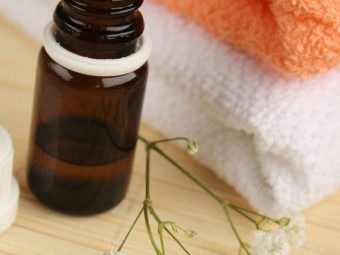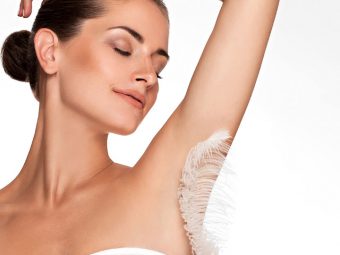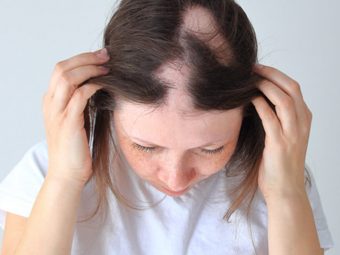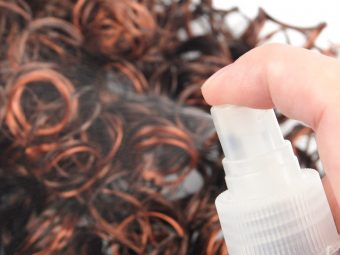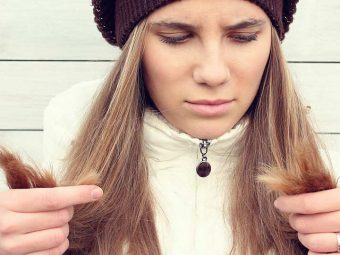Is Castor Oil Effective For Solving Scalp Problems?
Learn the right ways to use this popular hair and scalp care oil to reap its benefits.
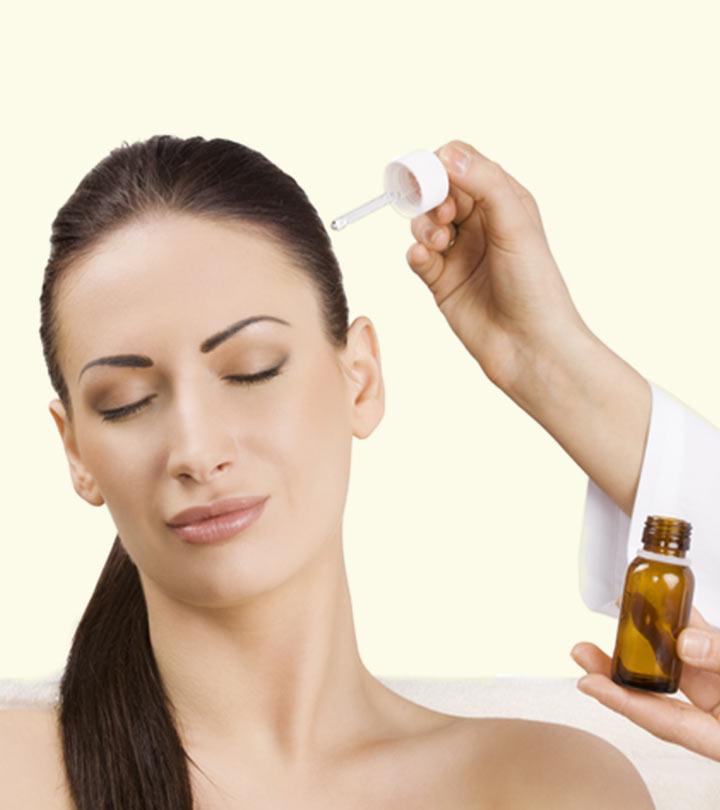
Not many people know that you can use castor oil for scalp problems! Do you feel self-conscious about the flakes on your dry scalp? Or do you have a lot of hair falling out lately? The most prevalent scalp issues are hair loss and dandruff. And if they are not treated right away, they could lead to serious issues in the future.
Castor oil can treat practically any scalp issue. It can be used on both oily and dry scalps. The best part? It is both inexpensive and readily available. So, do you want to know how it can help you with your hair problems? Then keep reading this article!
In This Article
What Is Castor Oil?
A thousand years ago, the Egyptians understood the miraculous properties of castor seeds. Castor oil is a type of vegetable oil extracted from castor seeds. Yes, it can work wonders for your hair.
You can learn more about the many hair care benefits of castor oil along with its types and DIY mask remedies right here.
Many people swear that castor oil is a magical elixir that can treat your scalp issues. But does science back that claim?
Why Is Castor Oil Beneficial For Scalp?
Castor oil or Ricinus communis has a high penetrating property. The oil easily seeps into the cuticle of the scalp, replenishing it with all its nutrients and minerals. Castor oil contains omega-9 fatty acids (oleic and linoleic acids) that help moisturize your scalp. Some refer to it as a humectant as it hydrates the scalp for a long time. It is needless to mention a healthy scalp is synonymous with healthy hair. Castor oil, therefore, nourishes your hair too (1), (2).
Following are the benefits of castor oil on hair and scalp:
1. Eradicates Dandruff:
Dandruff is a result of dry scalp. Applying castor oil on the scalp hydrates it, thus preventing the scalp from drying and flaking. Use castor oil and get rid of your dandruff menace (3).
2. Prevents Hair Loss:
Applying castor oil on the scalp stimulates blood circulation. It in turn ensures better nourishment of hair. So, a castor oil head massage may reduce and manage hair fall. It also adds luster to your locks. Use the oil and say goodbye to unruly and dull hair. Regular use can boost your hair growth too (1).
Although there is no direct connection between castor oil and hair loss, this oil may reduce hair loss by managing scalp issues. Castor oil has anti-inflammatory, antibacterial, antifungal, and antioxidant properties which prevent scalp inflammation and infections that may lead to hair loss. It also contains the highest amount of omega-6 fatty acids compared to other carrier oils. Omega-6 fatty acids promote hair growth, which may help reduce hair loss.
Note: Castor oil may reduce hair fall but it may not work for all hair loss issues. Some hair loss types may be caused due to medications, underlying medical conditions, genetics, and hormonal issues that should be managed with the right treatment options. Please consult a trichologist to diagnose the main cause of your hair loss.
3. Prevents Scalp Infection:
Castor oil also has anti-fungal and anti-bacterial properties. Its use can, therefore, protect the scalp from infections. Prevention is better than cure, so do not wait to contract a scalp infection. Use it to keep scalp infections at bay and maintain a healthy scalp and mane (4).
How To Use Castor Oil For Scalp?
You can choose a cosmetic grade castor oil or the Jamaican one (roast the beans and then extract the oil). You also get cold-pressed castor oil in the market. The oil is clear yellow in color and has a mild natural odor. Jamaican castor oil is darker in color and thicker in viscosity.
While castor oil can be used on all hair types, it is best suited for curly hair types (2C-4C) and those with dry, rough, frizzy, and brittle hair.
Remember to mix castor oil with some other oil before use, to ensure it spreads evenly on the scalp. You could mix it with an equal quantity of almond oil or olive oil or even coconut oil. Here are a few tips to use the magic oil:
- Apply the mixture on your scalp.
- Leave the oil overnight.
- Wash your hair the next morning.
- Repeat the process at least seven times before you see any result.
Perhaps you have heard the elders in the family talk of castor oil for scalp problems before. But with the introduction of multiple smartly marketed hair products each year, we tend to overlook the benefits and efficiency of natural remedies. We hope we have convinced you that using castor oil has many benefits, not just for your scalp but also for your hair. It is a wonder oil that treats dandruff, prevents infections, and improves the health of your hair as well. So, go ahead. Pamper yourself with a castor oil scalp massage and soak in its magic!
Frequently Asked Questions
Is castor oil good for sensitive scalp?
Yes. Castor oil has antifungal and antibacterial properties that can help minimize scalp infections and keep your hair healthy.
How long does it take for castor oil to work on the scalp?
You should use castor oil once a week for at least 3 months to be able to see a marked difference.
How do you wash castor oil out of your hair?
The best way to wash off castor oil is to use lukewarm water and shampoo.
How much castor oil should I use for hair?
It depends on your hair length. Ensure the oil is enough to cover your scalp and hair.
Sources
Articles on StyleCraze are backed by verified information from peer-reviewed and academic research papers, reputed organizations, research institutions, and medical associations to ensure accuracy and relevance. Read our editorial policy to learn more.
- Survey of use of herbal and home remedies for hair and scalp among women in North West Saudi Arabia
https://www.ncbi.nlm.nih.gov/labs/pmc/articles/PMC7772763/ - Castor Oil: Properties Uses and Optimization of Processing Parameters in Commercial Production
https://www.ncbi.nlm.nih.gov/pmc/articles/PMC5015816/ - Ethnopharmacological survey of home remedies used for treatment of hair and scalp and their methods of preparation in the West Bank-Palestine
https://www.ncbi.nlm.nih.gov/pmc/articles/PMC5499037/ - Antimicrobial potential of Ricinus communis leaf extracts in different solvents against pathogenic bacterial and fungal strains
https://www.ncbi.nlm.nih.gov/pmc/articles/PMC3621469/






